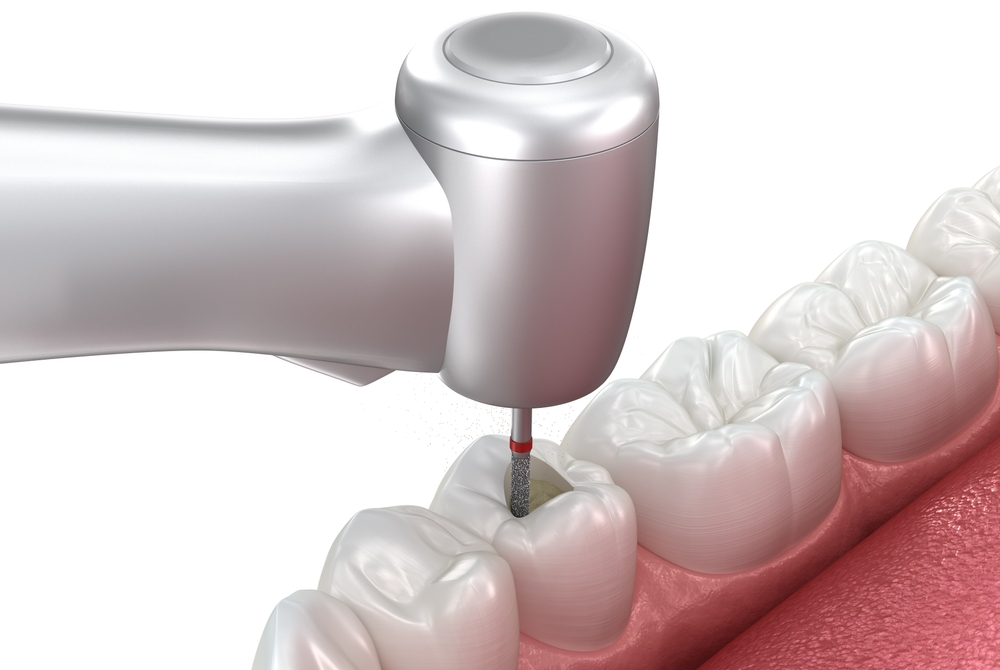How Long Does A Root Canal Last Without A Crown
A root canal can last from a few weeks to several months without a crown. The tooth may remain vulnerable and prone to further damage.
A root canal treatment is crucial for saving a tooth affected by decay or infection. The procedure removes the damaged pulp, alleviating pain and preventing further complications. After treatment, a crown is typically recommended to protect the tooth and restore its function.
Without a crown, the tooth remains susceptible to reinfection and structural failure. This can lead to additional procedures or even tooth loss. Understanding the importance of timely restoration helps maintain oral health. Consider discussing your options with a dentist to ensure the best outcome for your dental care. Proper aftercare and attention are essential for lasting results.
The Root Canal Procedure
The root canal procedure removes infected tissue from the tooth. This helps save the tooth and relieve pain. After the procedure, care is important for recovery.
Essentials of root canal therapy include cleaning, shaping, and filling the tooth. Doctors use special tools for this. They also provide local anesthesia to minimize discomfort.
After treatment, follow post-treatment care instructions. Avoid hard foods for a few days. Take prescribed pain relief medication if needed. Maintain good oral hygiene to prevent infection.
Healing usually takes a few days to weeks. Regular dental check-ups help ensure the tooth is healthy. A crown is often needed later to protect the tooth.
Understanding Crowns After Root Canals
Crowns play a crucial role in dental restoration after a root canal. They help protect the tooth and restore its function. Without a crown, a tooth may become weak or fracture over time.
Different types of crowns have varying lifespans. Common types include:
| Type of Crown | Average Lifespan |
| Porcelain | 5-15 years |
| Metal | 10-20 years |
| Porcelain-fused-to-metal | 5-15 years |
| Resin | 5-10 years |
Choosing the right crown can significantly affect the longevity of your dental work. Regular dental check-ups help maintain the crown and overall oral health.
Canals Without Crowns: Risks And Benefits
Choosing to skip a crown after a root canal can lead to serious risks. Without a crown, the tooth may become weaker and more likely to fracture. This can result in the need for further dental work.
Some potential complications include:
- Increased risk of infection
- Possible pain or sensitivity
- Higher chance of tooth loss
Skipping the crown might seem tempting for cost-saving reasons. Some may believe the tooth feels fine without it. These situations can lead to long-term issues that outweigh any initial savings.
Factors Influencing Root Canal Longevity
Material durability plays a crucial role in how long a root canal lasts. High-quality materials can extend the life of the treatment. Using durable materials like ceramic or composite resin can provide better support.
Oral hygiene and care are vital for maintaining a root canal. Regular brushing and flossing help keep teeth healthy. Avoiding sugary foods and drinks can also protect the treated tooth. Regular dental check-ups ensure early detection of potential issues.
Both factors work together to enhance the longevity of a root canal without a crown. Proper care and strong materials lead to better outcomes.
Case Studies: Root Canals With And Without Crowns
Many patients have shared their success stories after having a root canal without a crown. Some experienced years of comfort and no pain. Others found that regular dental check-ups helped maintain their teeth. Good oral hygiene played a key role in their success.
Challenges encountered included sensitivity and discoloration of the treated tooth. Some patients faced occasional discomfort while chewing. Others needed to consider a crown later for better protection. These factors are important for anyone considering a root canal.
| Success Stories | Challenges Encountered |
| Years of comfort | Sensitivity while chewing |
| Maintained through check-ups | Discoloration of treated tooth |
| Good oral hygiene | Need for future crowns |
Protective Measures For Non-crowned Teeth
Maintaining healthy teeth after a root canal is crucial. Dietary adjustments can help protect your non-crowned teeth. Avoid hard, crunchy, and sticky foods. Soft foods reduce the risk of damage. Eating fruits and vegetables is a good choice.
Regular dental check-ups are essential for monitoring your dental health. Visits to the dentist can catch problems early. Dentists can provide advice on caring for your teeth. Keeping a good oral hygiene routine at home is also important. Brush twice a day and floss daily.
When To Opt For A Crown Post-root Canal
After a root canal, a crown is often necessary. It protects the tooth from damage. Without a crown, the tooth can weaken.
Identifying the need for a crown involves several factors. Timing is crucial. Most dentists recommend placing a crown soon after the procedure. This helps avoid future issues.
Symptoms like pain or sensitivity indicate a potential problem. Regular dental check-ups can catch these issues early. Keeping an eye on the treated tooth is essential.
Maintaining An Enduring Smile
Keeping your teeth healthy is very important. Good habits help maintain your smile. Brush your teeth at least twice a day. Flossing daily removes food stuck between teeth. Avoid sugary snacks and drinks. They can cause decay and pain.
Visit your dentist regularly for check-ups. Professional cleaning helps prevent problems. Dental treatments can fix issues before they become serious. Talk to your dentist about any concerns. They can offer advice tailored for you.
Stay hydrated by drinking water. This helps wash away food particles. Chewing sugar-free gum can also be beneficial. It promotes saliva production, which protects your teeth. Remember, a little effort goes a long way!
Westwood Gardens Dental Clinic: One of the best dental clinics in Richmond Hill, Ontario
For those in Richmond Hill, Ontario, Westwood Gardens Dental Clinic is a trusted provider of high-quality dental care, including partial dentures. Call them today at 647-905-7303 or email info@westwoodgardens-dental.ca to schedule a consultation. You can also visit their clinic at Unit 18, 8868 Yonge St, Richmond Hill, ON, L4C 1Z8 for a comprehensive assessment and personalized treatment plan.
Frequently Asked Questions
How Long Can A Tooth Last Without A Crown?
A tooth can last several weeks to a few months without a crown after a root canal. However, it is not advisable to delay getting a crown. The tooth may become weak and more susceptible to fractures or infection over time.
Prompt restoration is crucial for longevity.
What Happens If I Skip The Crown After A Root Canal?
Skipping the crown can lead to tooth weakening. The treated tooth may also become vulnerable to decay and fracture. Without proper protection, you risk losing the tooth altogether. It’s important to follow up with your dentist for the best outcomes.
Can I Eat Normally After A Root Canal Without A Crown?
Eating normally is not recommended without a crown. You may experience discomfort, especially with hard or sticky foods. The tooth is more fragile and could break under pressure. Soft foods are advisable until you get the crown placed.
What Are The Risks Of Not Getting A Crown?
Risks include tooth fracture, infection, and loss of the tooth. The root canal leaves the tooth structure weakened. Without a crown, the tooth can’t withstand normal chewing forces. This can lead to further complications, making timely restoration essential for dental health.
Conclusion
A root canal can last several years without a crown, but risks increase over time. Without proper protection, the tooth may weaken or become infected. To ensure longevity, consider getting a crown as soon as possible. Prioritize your dental health for the best outcomes and prevent future complications.




